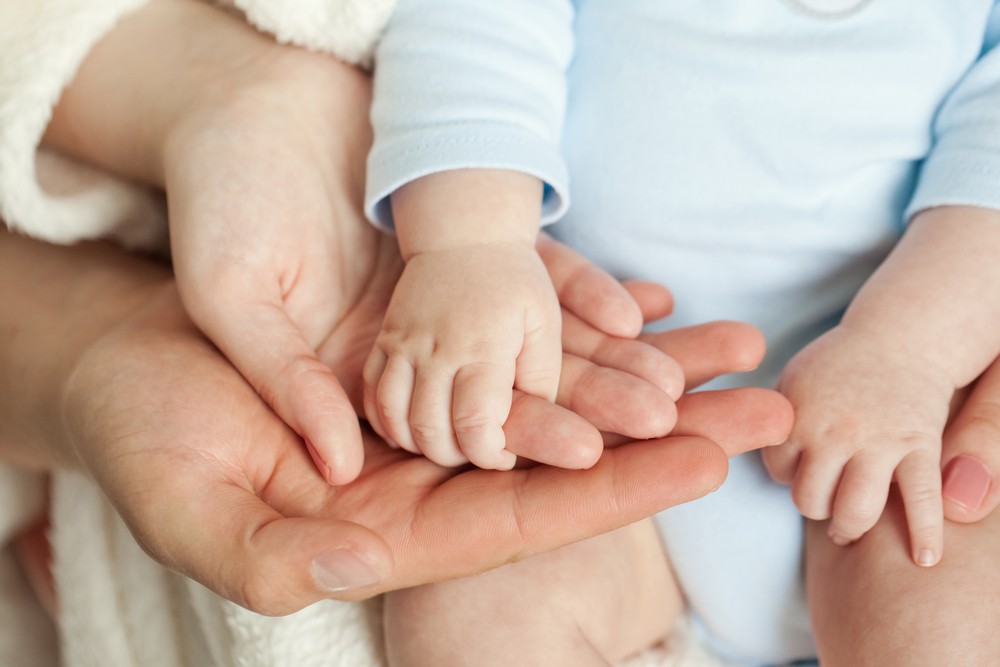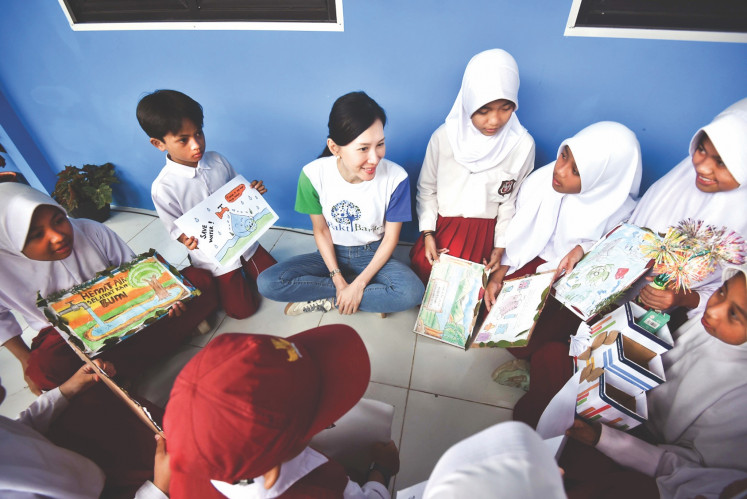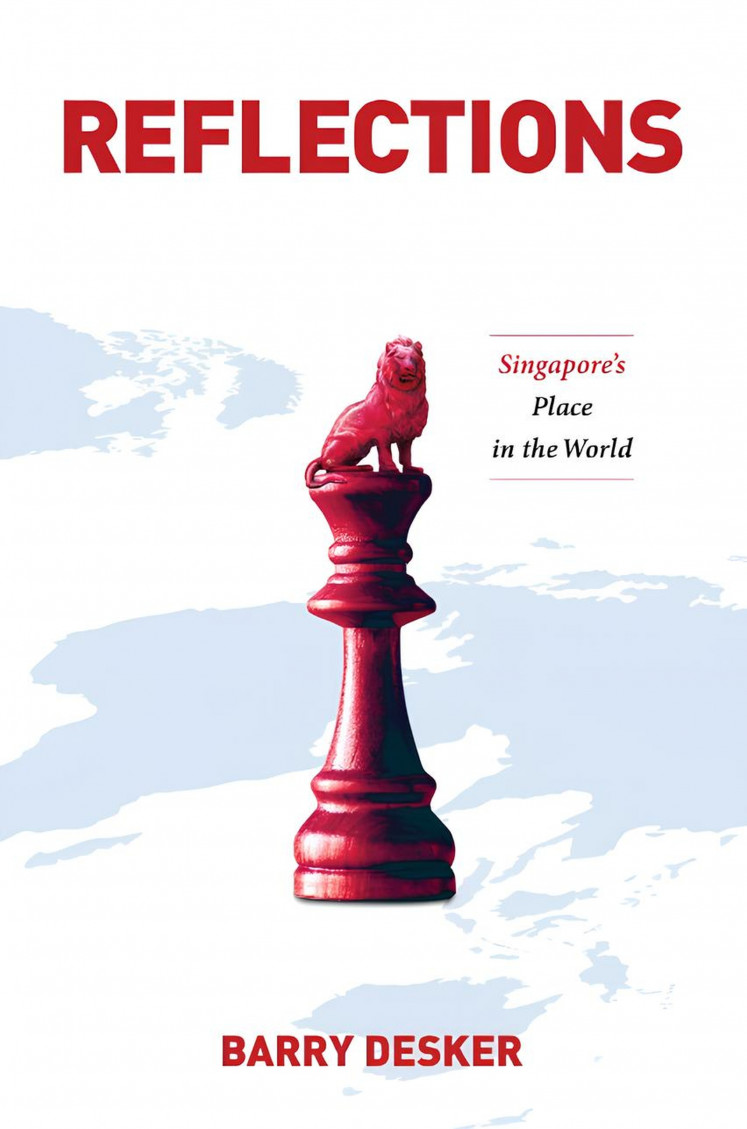Popular Reads
Top Results
Can't find what you're looking for?
View all search resultsPopular Reads
Top Results
Can't find what you're looking for?
View all search resultsMothers with COVID-19 should still breastfeed, touch their babies: WHO
The Health Ministry recently shared some precautionary measures for mothers with COVID-19 to safely breastfeed.
Change text size
Gift Premium Articles
to Anyone
The COVID-19 pandemic has prompted questions about the risk the disease poses for pregnant women.
According to the World Health Organization (WHO), there is currently no evidence to suggest elevated risk for pregnant women. However, they could by "badly affected by some respiratory infections" as they were experiencing body and immune system changes.
The WHO advised new mothers with suspected or confirmed COVID-19 to continue to breastfeed their babies as well as have skin-to-skin contact and share a room, as these activities help them thrive.
The Health Ministry recently shared some precautionary measures for mothers with COVID-19 to safely breastfeed:
- Wear a face mask when breastfeeding and caring for the baby
- Wash hands with soap before and after touching the baby
- Clean surfaces often touched by you and the baby with disinfectant
Read also: Isolated and afraid: The pandemic is changing pregnancy
For mothers who are unable to directly breastfeed their babies, they can opt to provide the child with breast milk with some precautions:
- The breast milk should be processed with clean hands and in a hygiene environment.
- The breast milk is given to the baby using a wide cup.
- The breast milk should be stored in a closed container. At room temperature, it can lasts up to four hours. If put alongside an ice pack (15 degrees Celsius), inside the refrigerator (between 4 to 5 degrees Celsius) or freezer (-18 to -20 degrees Celsius), it can lasts up to 24 hours, four days and four months, respectively.
Read also: No doctors, nurses or painkillers: Surviving pregnancy in Venezuela
During this outbreak, routine doctor appointments can be challenging for pregnant women and new mothers. Fortunately, some hospitals have started offering online consultation services.
Healthcare platform Halodoc, for instance, recently has added a new "chat with doctor" consultation service for pregnancy and reproductive health in collaboration with the Indonesian Obstetrics and Gynaecology Association (POGI).
This service allows patients to consult with doctors who are members of POGI and are able to provide tele-consultation services on COVID-19 and maternal health in accordance with guidelines issued by the WHO, the Health Ministry and POGI.
According to a statement from Halodoc, the start-up has experienced a rapid increase in tele-consultation services, with obstetrics and gynaecology consultation increasing by up to 60 percent. (gis/kes)











